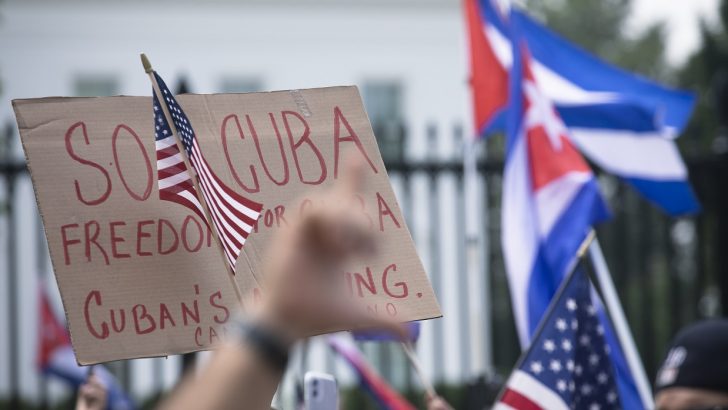Cuba’s communist government has drafted a law that would equate the role of dissidents’ defence lawyers with that of public officials.
In May, the People’s Supreme Court, Cuba’s highest judicial authority, drew up a series of legislative proposals that it sent to the island’s legislature, the National Assembly of People’s Power, for passage.
Among these proposals is the “Draft Law on Criminal Procedures”, which could equate the role of a defence lawyer for dissidents with that of a “public employee or official”, putting the lawyer at the mercy of pressure and sanctions from the government.
A group of Cuban lawyers, who asked to speak on condition of anonymity for fear of reprisals from the government, warned that this bill “would violate impartiality”, because “the Prosecutor’s Office represents the state, it’s a public functionary. Imagine if the defence lawyer also were”.
The lawyers pointed out that “this is something that for many years they have tried to accomplish”.
“Now, with a new criminal procedural text, an attempt is being made to introduce it in a very underhanded way,” they said.
The most controversial texts of the bill are found in the fifth special provision, which defines what is an employee and a public official.
The Cuban jurists told ACI Prensa that “although the word ‘lawyer’ is not mentioned, the generality of the expression ‘non-state sector’ is the way to allow this interpretation where the judges don’t enjoy authentic judicial independence”.


 Photo: CNS
Photo: CNS 